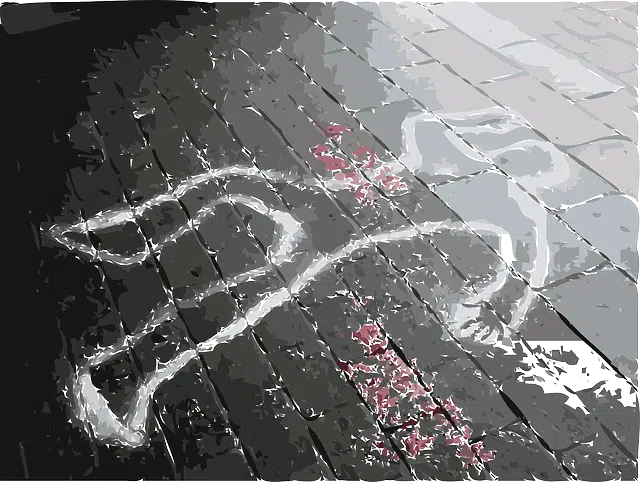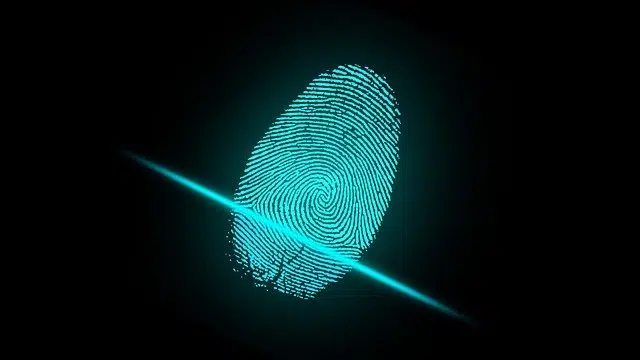
A forensic doctor develops studies and expertise to collaborate with the courts.
The Latin term forensis came into our language as forensic . The first meaning mentioned in the dictionary of the Royal Spanish Academy ( RAE ) refers to what is linked to the forum : the place in which the courts hear and define cases or the meeting of specialists to debate a certain issue before an audience.
The most common use of the concept appears linked to a specialty of medicine : forensic medicine or legal medicine . This is the branch of medicine that is aimed at advising the courts through the development of skills and studies .
The origin of the word forensic, as we already indicated, is found in forum , since the old forums were the places in which this task was carried out. Today we can talk about two schools of forensic medicine: the Latin one , where forensic doctors are trained, and the Anglo-Saxon one, where forensic doctors emerge.
The role of a forensic doctor
A forensic doctor (also called medical examiner ), in this sense, is officially assigned to an investigating court, which orders him to carry out expert practices in cases within his jurisdiction that require it. Forensics, therefore, contribute their knowledge of biology and medicine to solve problems posed by law.
In this way, coroners provide support to the courts in administering justice . A judge can turn to a coroner to find out how and when a person died, to cite one case. This information is often vital to solving a criminal case.
Suppose that, after two months of searching, the lifeless body of a woman whose whereabouts was unknown appears. The judge in the case turns to forensic experts so that, based on the autopsy and other analyses , they can provide data on the cause of death. The forensic experts, after the pertinent studies, determine that the woman died of natural causes in the same place where her body was found. This rules out the possibility of a violent death and, therefore, the existence of a crime.

The contributions of forensic experts can be constituted as evidence in a judicial investigation.
Other tasks
More specifically, forensic doctors can carry out the following tasks, among others:
* express your opinion about the actions of the doctors in their professional performance when treating the victim, placing special emphasis on the degree of responsibility they have demonstrated;
* If the death took place violently, determine its causes and the mechanism used by the aggressor;
* cooperate with the authorities in the exercise of justice and in the resolution of all doubts regarding the commission of the criminal act or biological phenomena, for example.
Work of forensic medicine
Just as can be seen in countless literary, television and cinematographic works of fiction, the participation of forensic medicine in the field of criminal investigation is essential. When the security forces find a body and suspect that the death has been caused by violence, various figures generally go to the scene of the alleged crime, including the Judge on Duty and the forensic doctor.
The work of the forensic doctor begins with the observation of the body and the environment in which the death occurred. You must collect any element that you consider essential to determine the causes and time of death . Another of its tasks is the necropsy , which consists of exploring the body on the outside before beginning to open its cavities. It focuses on the abdominal, thoracic and cranial cavities, taking samples that are then sent to specialized laboratories, where they are examined in greater depth.
